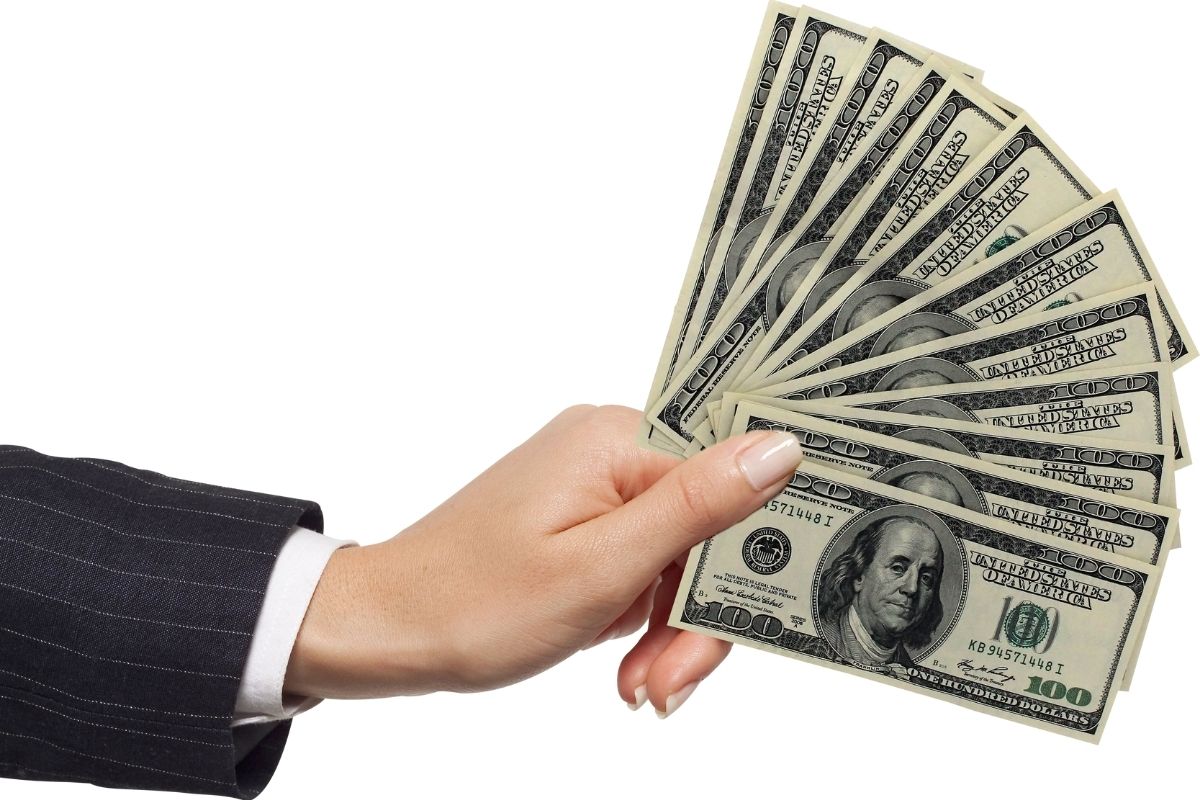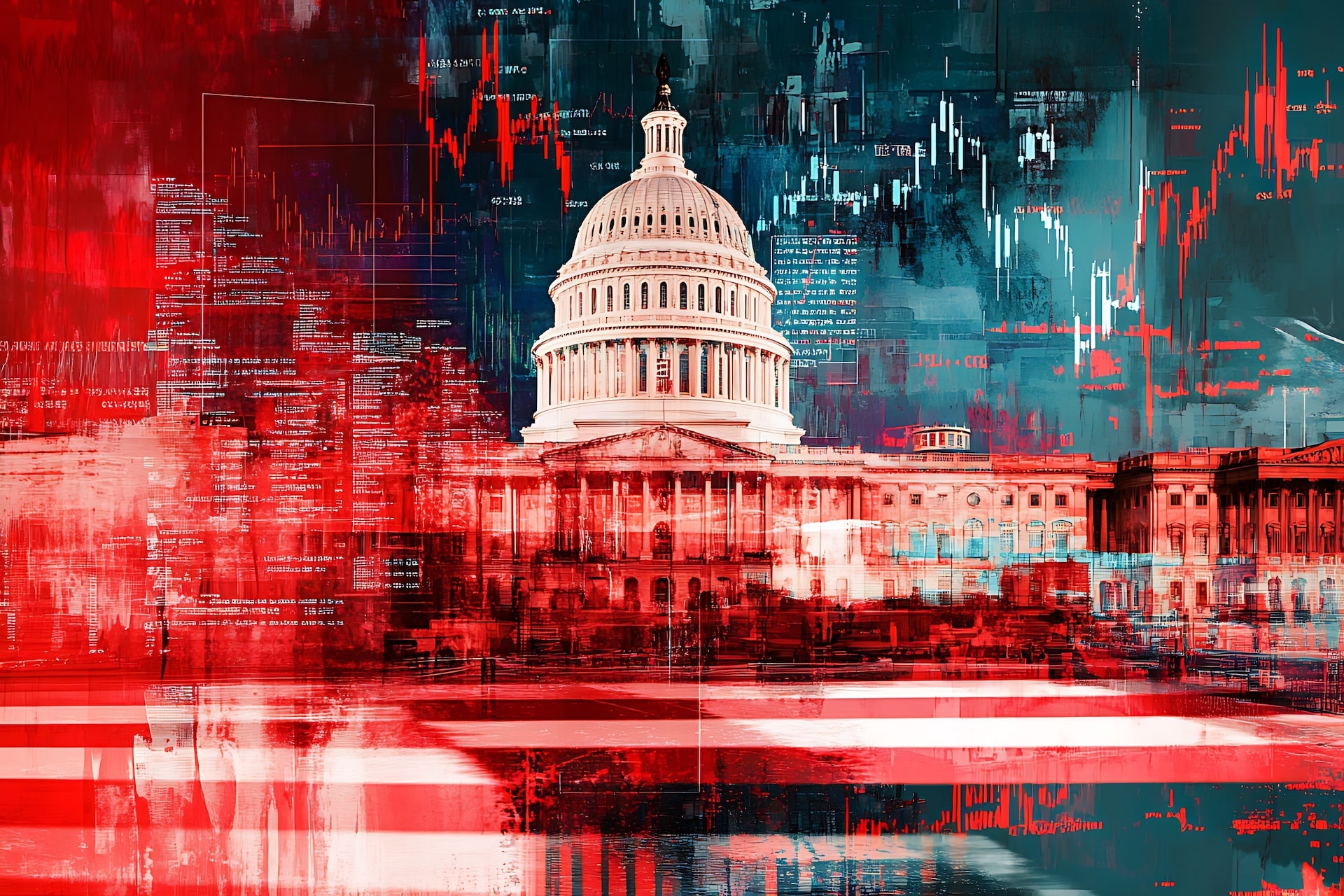Credit Sesame discusses outrageous overdraft fees.
“Overdraft fees are outrageous”. So says a coalition of state attorneys general, who on April 6th called on banks to eliminate these charges – or else. Otherwise, banks may have the choice taken away from them by legislation or anti-discrimination lawsuits.
This public pressure is already prompting some banks to change their ways. It might even succeed in changing the laws governing overdraft fees.
However, efforts to ban overdraft fees may take a long time, and their success is far from guaranteed. Still, there are things you can do to eliminate overdraft fees today.
The High Cost of Overdraft Fees
The Consumer Financial Protection Bureau (CFPB) released a study late last year showing that banks earn two-thirds of their fee revenue from overdraft and non-sufficient funds (NSF) fees. According to the CFPB, this amounted to an annual total of over $15 billion in these fees.
Those industry-wide numbers can be hard to relate to, but consider the impact overdraft fees can have on an individual:
- Overdraft fees are generally in excess of $30 per occurrence.
- You can be charged an overdraft fee for being even slightly overdrawn. For example, if you mistakenly buy a $4 gallon of milk with only $2 in your account, you’d be overdrawn by $2 but may pay a $30 fee. So now that $4 gallon of milk would cost you $34.
- It gets worse. If you have multiple transactions while your account is overdrawn, you could rack up an additional $30 fee for each transaction. Suddenly running a few small errands could end up costing you over $100.
The CFPB found that the vast majority of overdraft charges are incurred by people who pay 10 or more of these fees a year. As a result, these bank customers are paying more than $300 in extra fees for their bank accounts.
Sadly, the poorest customers tend to have the lowest bank balances, so they are most likely to overdraft their accounts. That means the burden of these fees often falls most heavily on those who can least afford it.
Overdraft Fees Won’t Go Quietly
All of the above explains why some people are up in arms about overdraft fees. But that doesn’t mean they’ll succeed in getting rid of them – or even that they should.
Never underestimate the banking lobby
Again, the CFPB found that overdraft and NSF fees represent two-thirds of the banking industry’s fee revenue. Do you know of any business that’s going to willingly give up that much of their income?
Of course, banks aren’t your typical business. They have especially deep pockets, which means they have especially good lobbyists. The laws governing overdraft fees won’t be changed without a fierce fight.
The next penalty might be worse than overdraft fees
While overdraft fees are steep, it’s important to think about the alternative. When someone overdrafts their account, they are essentially borrowing money from the bank free of charge and without permission.
Naturally, banks aren’t going to be thrilled about that. So if they can’t charge overdraft fees, look for them to cancel the accounts of people who habitually have overdrafts.
As bad as overdraft fees are, adding to the unbanked population – especially among poorer Americans – could turn out to be even worse.
Somebody’s going to pay
Since overdrafts cost banks money, if they can no longer charge fees to offset that cost they will have to make it up somewhere else.
That means other bank fees would be likely to rise. The problem with that is that in effect, customers who aren’t in the habit of overdrafting their accounts wouldl effectively be subsidizing those who are.
How You Can Get Rid of Overdraft Fees Today
It remains uncertain whether lawmakers and public pressure will succeed in getting rid of overdraft fees, or how long that will take.
So why wait? There are things you can do to guard against overdraft fees in your checking account today:
- Know your habits. Most checking account customers rarely overdraft their accounts. For them, overdraft protection is a safety net that’s there if they need it once in a great while, but they don’t rely on it. If you’re one of these customers, overdraft fees aren’t a big issue. However, if you regularly overdraft your account, then it’s crucial to consider what those fees are when choosing a checking account.
- Shop for lower overdraft fees. Overdraft fees vary quite a bit from one bank to the next. So, if you tend to overdraft your account you should shop for a checking account that has low overdraft fees. With some banks recently announcing that they’re dropping these fees, this would be an excellent time to take a fresh look for a bank where you can avoid overdraft fees.
- Look for daily overdraft fee caps. Many banks put a limit on how many overdraft fees you can be charged in a single day. So, besides looking at the fees themselves, also consider the limit on these fees. The lower the cap, the better.
- Develop better banking habits. Even if you can avoid overdraft fees, overdrafting your checking account is a dangerous habit to be in. You may still incur charges from merchants if you write checks that bounce. You also need to be more sure of your account balance, to make sure that money is there when you need it for something really important. Updating your account balance with each transaction and regularly comparing your records against the bank’s will help you avoid overdraft fees, regardless of what the bank charges for them.
Avoiding outrageous overdraft fees is important, but it’s not the only reason for keeping close track of your checking account balance. So, consider a bank’s overdraft fee policy when you choose a checking account, but also use up-to-date balance information before you write a check or use your debit card.
You may also be interested in:
Disclaimer: The article and information provided here is for informational purposes only and is not intended as a substitute for professional advice.




















